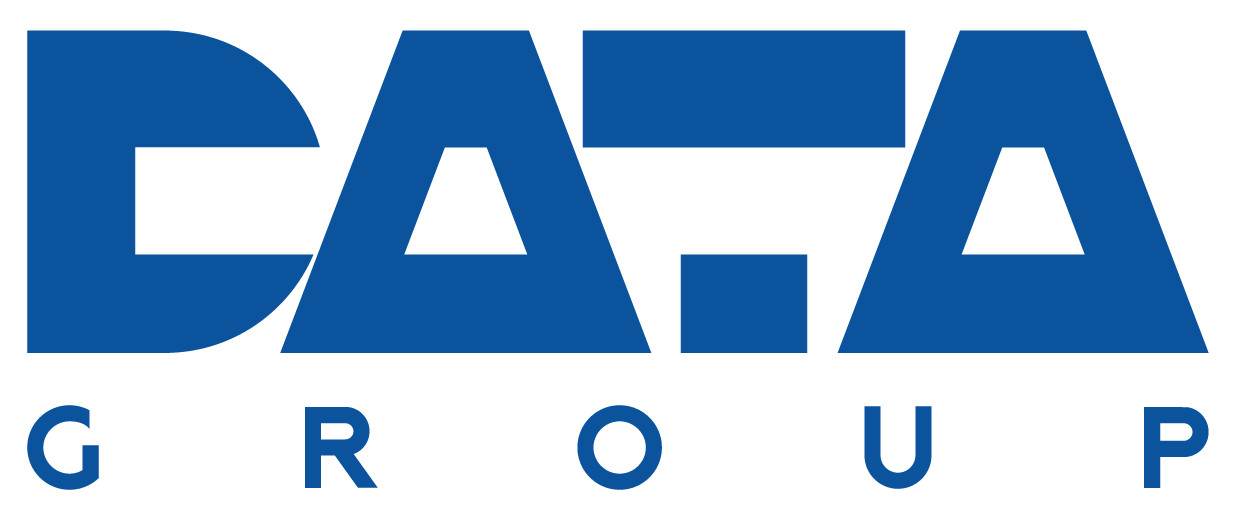Connect
CONNECTION REQUEST
ALLOWED TRAFFIC
To ensure smooth operation of the Giganet infrastructure we impose a set of restrictions on what kind of traffic is allowed on the peering network. This page gives a summary of those restrictions.
Frames forwarded to Giganet ports must have one of the following IEEE-802.3 ethertypes: 0×0800 — IPv4, 0×0806 — ARP, 0x86dd — IPv6.
Frames forwarded to an individual Giganet port shall all have the same source MAC address.
Our equipment's maximum transmission unit (MTU) is 9216 bytes.
Use of proxy ARP on the router's interface to the Giganet is not allowed.
Frames forwarded to Giganet ports shall not be addressed to a multicast or broadcast MAC destination address except as follows: broadcast ARP, multicast ICMPv6 Neighbour Discovery. Please note that this does not include ICMPv6 Router Solicitation or ICMPv6 Router Advertisement packets.
Traffic for link-local protocols shall not be forwarded to Giganet ports. Link-local protocols include, but are not limited to, the following list: IRDP, ICMP redirects, IEEE 802 Spanning Tree, Vendor proprietary protocols (e.g CDP, EDP, ELRP, VTP, DTP), Interior routing protocol broadcasts (e.g. OSPF, ISIS, IGRP, EIGRP), BOOTP/DHCP, PIM-SM, PIM-DM, DVMRP, ICMPv6 ND-RA, UDLD, L2 Keepalives. The following link-local protocols are exceptions and are allowed: ARP and IPv6 ND
No IP directed broadcast.
Giganet globla peering networks 185.1.62.0/23 and 2001:7f8:6c::0/64 shall have not be advertised to other networks (BGP community no-export).
Member have to use only the IP-addresses and network masks given by Giganet. Only those addresses can be used as Next-Hop attribute for all announces.
 Укр
Укр Pl
Pl En
En






